
Photo courtesy of Zenshuji
Date
03.02.2024 (Sat.)
Time
10:30 AM - 12:15 PM, 2:00 PM - 3:45 PM
Location
JAPAN HOUSE Salon, Level 5
Fee
$35
For centuries, the Japanese have incorporated shojin ryori – a type of cooking that embodies Buddhist principles from the choice of ingredients, to the methods of preparation, to the experience of eating itself – into their culinary practice. Shojin ryori dishes are vegan and emphasize simplicity, but also contain layers of philosophical meaning, as the practice encourages us to step back, examine food and our relationship to it, and gain a new perspective on our bodies, lives, and world.
JAPAN HOUSE Los Angeles launched this new mindful eating series in 2023, which was well received, and we're excited to offer the same program where esteemed Soto Zen monk, Rev. Shumyo Kojima, will provide an intimate lecture and tasting session. Guests will learn the foundational elements of this culinary tradition and its profound embodiment of Zen philosophy and aesthetics, illustrated by film clips showcasing traditional monastery life. The discussion of this culinary heritage will be followed by the chance to sample many dishes while experiencing the same quiet contemplation observed by monks in ascetic training.
Join us for a rare introduction to “mindful eating” that might just reinvent your approach to food and philosophy.
Program Schedule
- Welcome (5 min.)
- Explanation of Zen cuisine (15 min.)
- Introduction to tableware and table manners (25 min.)
- Tasting Experience (25 min.)
- Q&A (10 min.)
*Program subject to change
**Each seating is the same program. Note, this is a repeat of the July 22, 2023 and September 2, 2023 programs
***All vegetarian cuisine. Allergens may include: soy, wheat, sesame. Substitutions and dietary accommodations are politely declined.
About the Reverend
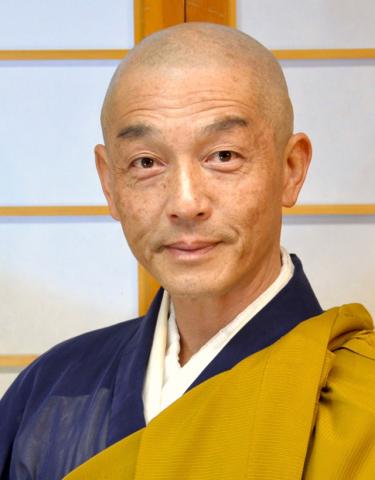
Reverend Shumyo Kojima
Rev. Shumyo Kojima is a Soto Zen monk, a head priest of Zenshuji Buddhist Temple which is the oldest Soto Zen Temple in North America. He grew up as a disciple of his father in their family temple in Saga prefecture., Japan. Upon graduating from Komazawa University where he studied Buddhist history and philosophy, he entered the Soto Institute for Buddhist Studies, education department.
As a researcher from the institute of Soto Education Studies, he embarked to the U.S. to research American Zen, and temporarily join the staff at Zenshuji Buddhist Temple in Los Angeles, 1993. After he had practiced at Eiheiji Monastery, he returned to Zenshuji to become a full time minister where he has remained for 28 years.


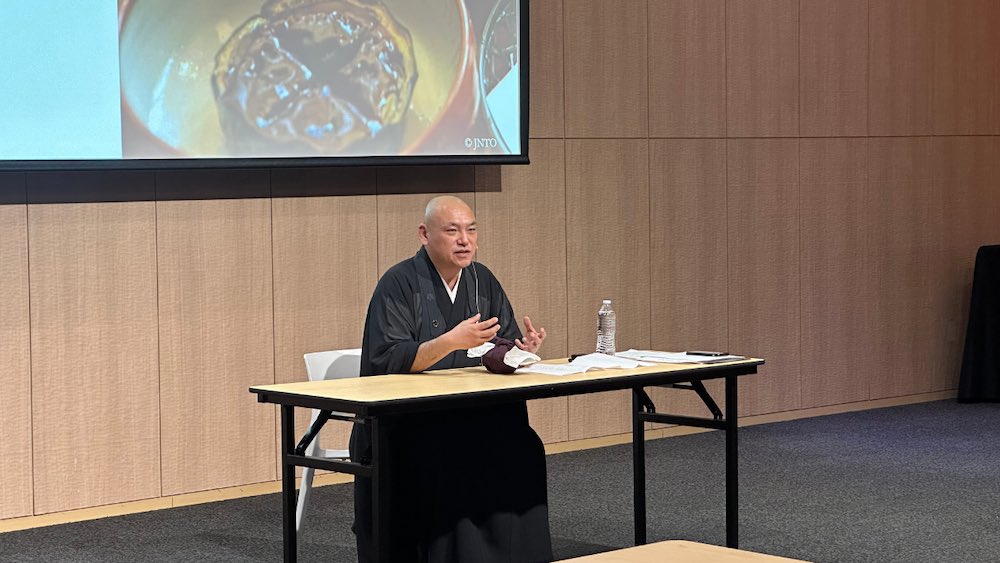 *Concept image © JAPAN HOUSE Los Angeles
*Concept image © JAPAN HOUSE Los Angeles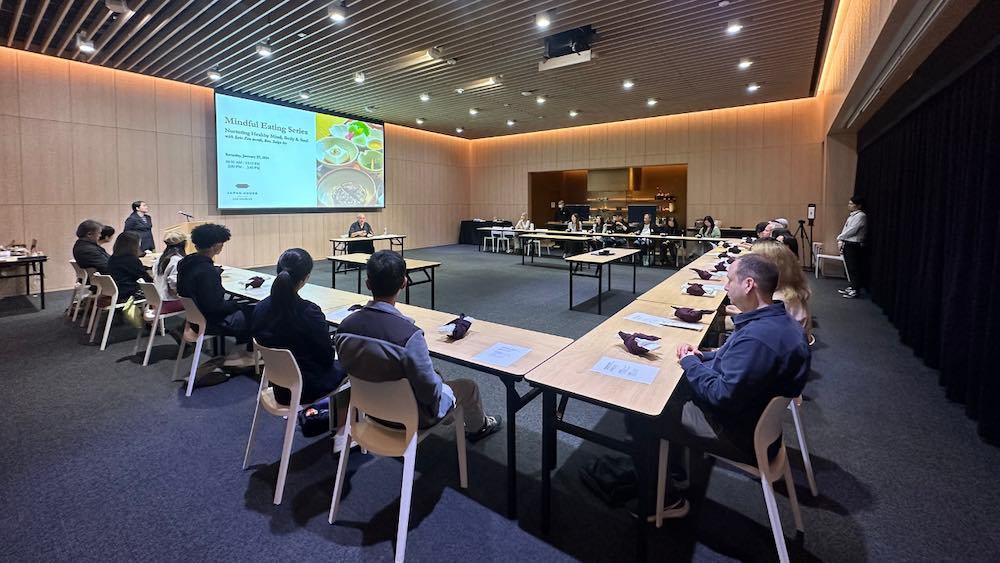 *Concept image © JAPAN HOUSE Los Angeles
*Concept image © JAPAN HOUSE Los Angeles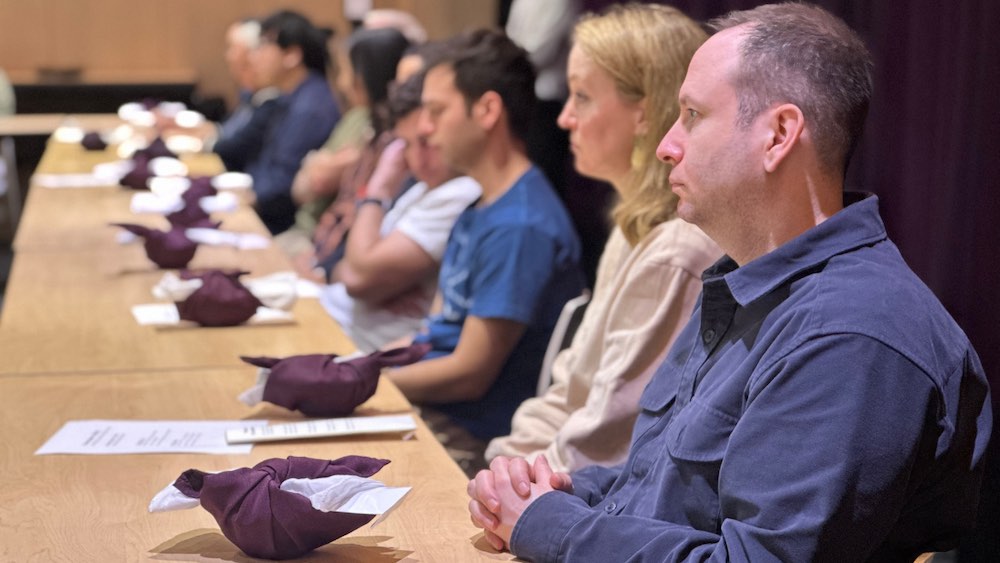 *Concept image © JAPAN HOUSE Los Angeles
*Concept image © JAPAN HOUSE Los Angeles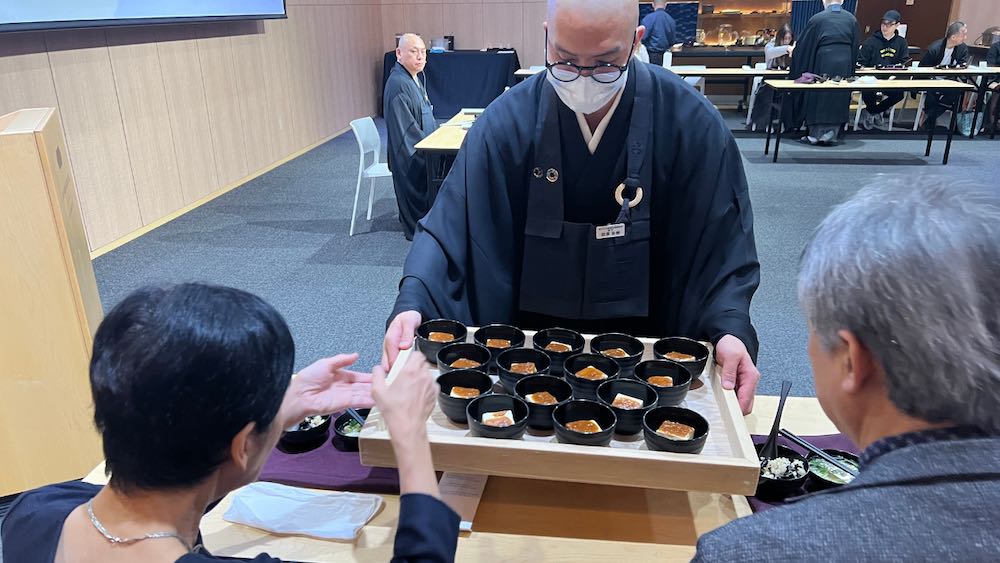 *Concept image © JAPAN HOUSE Los Angeles
*Concept image © JAPAN HOUSE Los Angeles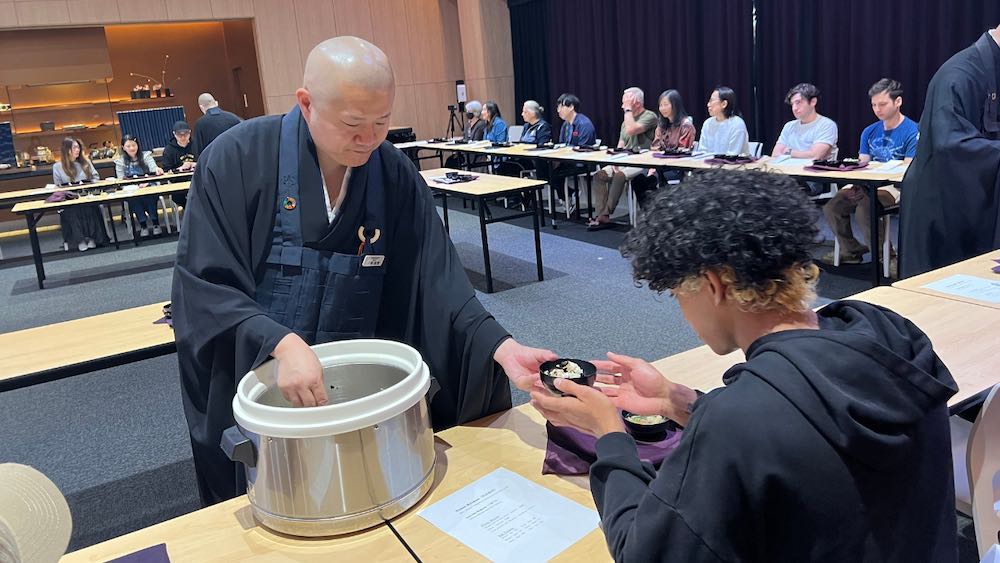 *Concept image © JAPAN HOUSE Los Angeles
*Concept image © JAPAN HOUSE Los Angeles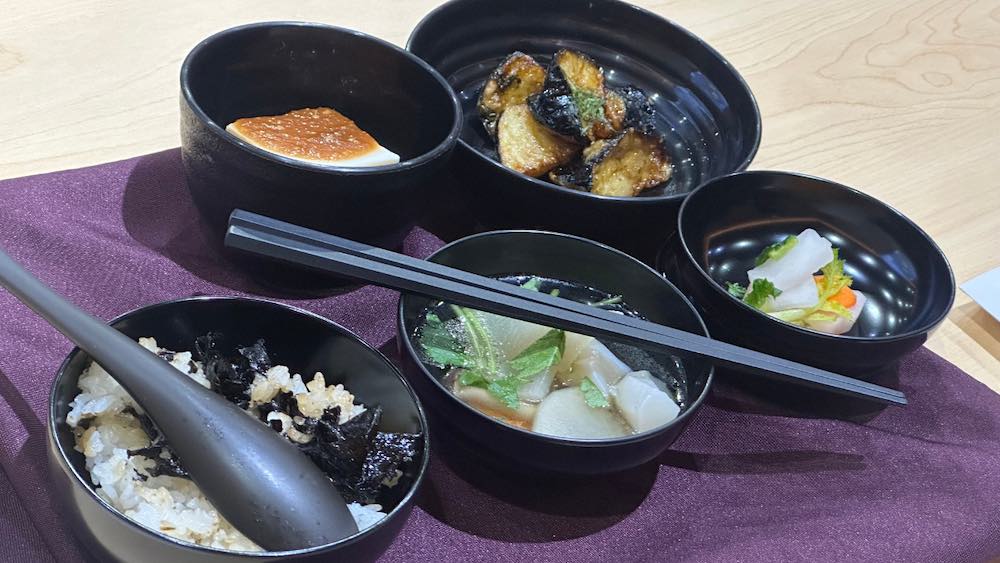 *Concept image © JAPAN HOUSE Los Angeles
*Concept image © JAPAN HOUSE Los Angeles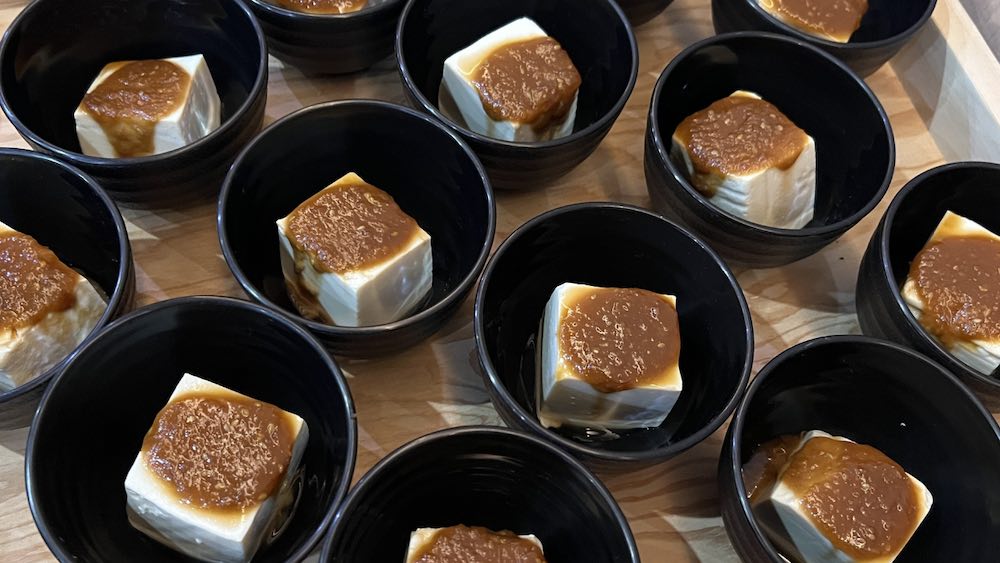 *Concept image © JAPAN HOUSE Los Angeles
*Concept image © JAPAN HOUSE Los Angeles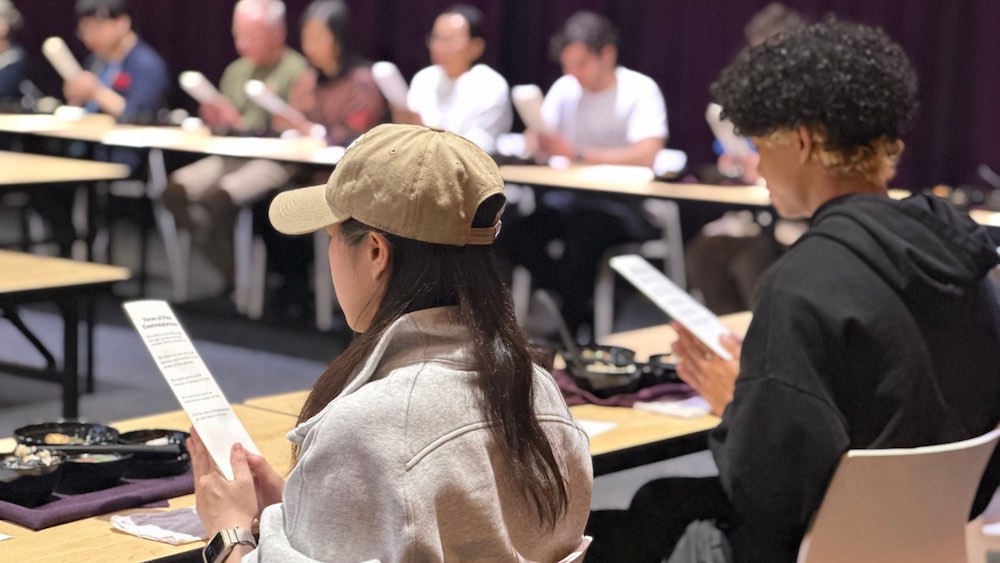 *Concept image © JAPAN HOUSE Los Angeles
*Concept image © JAPAN HOUSE Los Angeles